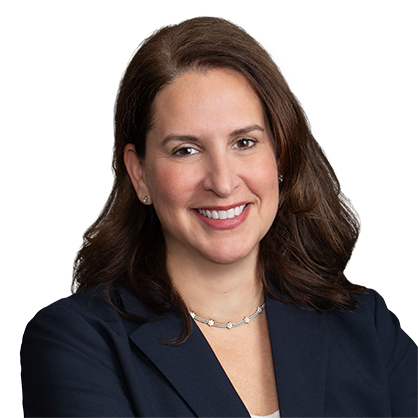Insights
Thought Leadership
A New Year Means New Changes to NY and NJ Wage and Hour Laws
As we put the challenges of 2020 behind us and move forward in 2021, there are several changes to New York and New Jersey wage and hour laws that may not have been at the forefront of employers' minds but of which they must be aware. Below is a summary of the increases to the minimum wage rates in New York and New Jersey, the minimum salary threshold for exempt status in New York, and additional record-keeping obligations imposed by the New York State Sick Leave Law and the New York City Earned Safe and Sick Time Act.
New York Minimum Wage Increase for Counties Outside of New York City
New York increased its minimum wage rate in certain New York counties as of December 31, 2020. The New York minimum wage rate is determined by a schedule that is set to increase on December 31 of each year until there is a statewide rate of $15.00 per hour. The minimum wage rate in New York City had already reached $15.00 per hour, and that rate remains the same for 2021. As of December 31, 2020, in Nassau, Suffolk and Westchester counties, the minimum wage rate increased to $14.00 per hour. In addition, outside of New York City and Nassau, Suffolk and Westchester counties, the minimum wage rate increased to $12.50 per hour. While these minimum wage rates apply to most workers, there are different hourly rates and requirements for workers in the fast food industry and those who receive tips. Failure to comply with New York's minimum wage requirements may result in significant liability, including civil fines, penalties and, in certain circumstances, criminal prosecution.
New Jersey Statewide Minimum Wage Increase
Similar to New York, New Jersey increased its minimum wage rate as of January 1, 2021. The New Jersey minimum wage rate is now $12.00 per hour for most workers. Different rates and requirements apply to employers with fewer than six employees, employers in the agricultural industry, and those employing seasonal and tipped workers. Failure to comply with the New Jersey minimum wage law may subject employers to significant liability, including civil penalties and treble damages for unpaid wages.
Exempt Salary Thresholds Increasing Outside of New York City
In New York counties outside of New York City, exempt/salaried employees may also need increases in their paychecks due to the increase in the minimum salary thresholds necessary to satisfy the executive and administrative exemptions. Effective December 31, 2020, in Nassau, Suffolk and Westchester counties, the minimum salary threshold for an employee to qualify as exempt under such exemptions increased to $1,050.00 per week ($54,600.00 per year). In the remainder of New York, the salary threshold increased to $937.50 per week ($48,750.00 per year). In New York City, the salary threshold remains the same at $1,125.00 per week ($58,500.00 per year). As a reminder, as of January 1, 2020, the minimum salary threshold for exempt status under the federal Fair Labor Standards Act increased to $684.00 per week ($35,568.00 per year), but this increase generally has little impact on employers in New York because they must satisfy the higher minimum thresholds under state law.
Employers must also remember that the minimum salary threshold is only part of the exemption analysis. In addition to satisfying the minimum salary threshold, employees also must perform certain exempt duties to meet the exemption test.
Sick Leave Laws Impose Additional Record-keeping Requirements
As we previously covered here, the New York State Sick Leave Law (NYSSLL) went into effect on September 30, 2020. As of January 1, 2021, employees are eligible to use accrued sick leave for covered purposes (accruals began on September 30). In addition to providing mandated leave to employees under the NYSSLL, employers must track the amount of sick leave accrued and used by employees on a weekly basis and retain records of such information, with other payroll records, for at least six years. In addition, employees may request, verbally or in writing, a summary of their accrued and used sick leave in the current calendar year or any previous calendar year. Employers must provide this information to employees within three business days of their request.
Similarly, employers covered by the New York City Earned Safe and Sick Time Act must include the amount of sick time accrued and used during any given pay period, and the employee's total accrued sick time, on each pay stub.
The Bottom Line
All employers must continually monitor the ever-changing landscape of the wage and hour laws. With the advent of 2021, employers in New York and New Jersey should review their current pay practices for all employees, regardless of whether such employees are exempt or non-exempt, to ensure compliance with applicable state and federal laws.





